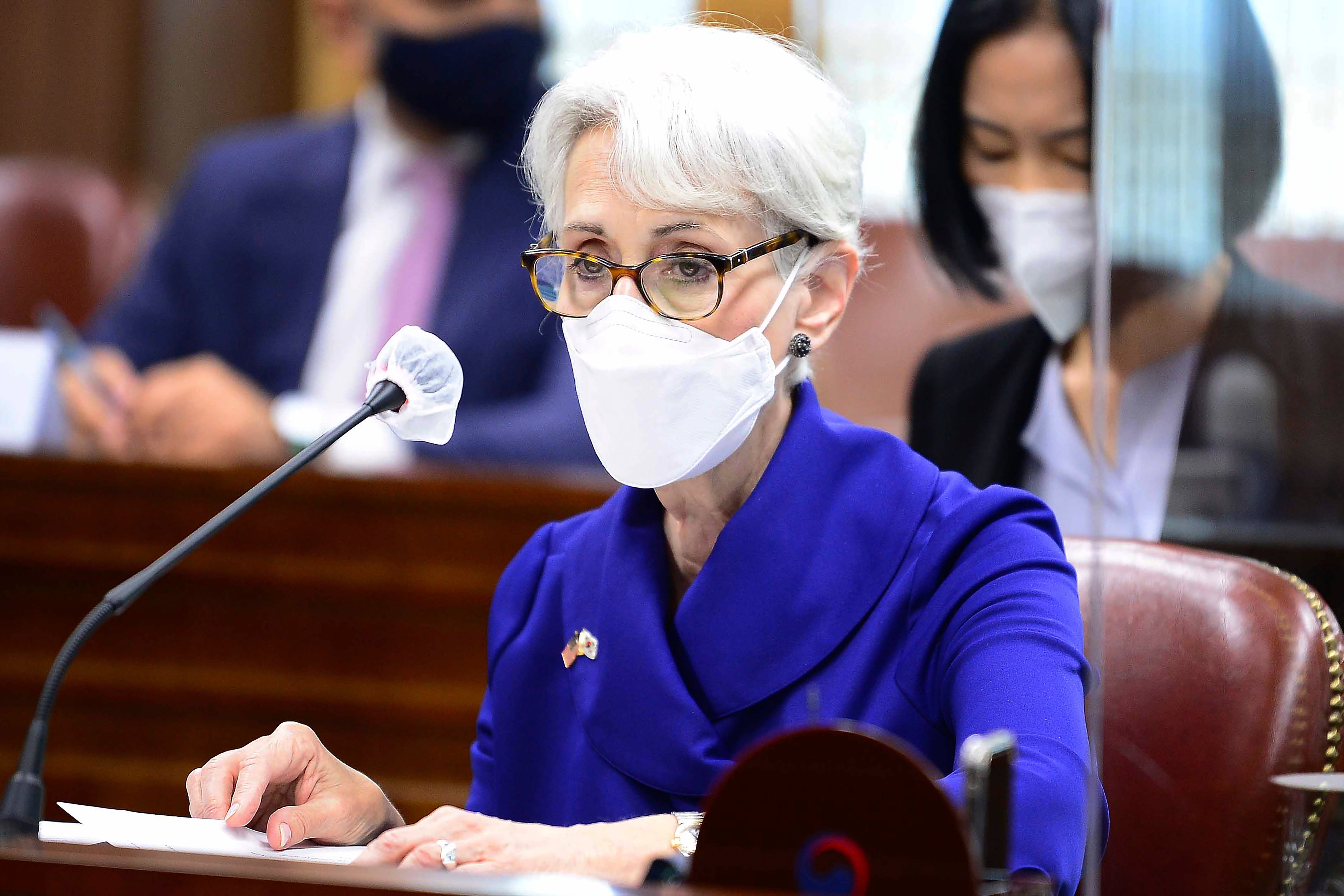At odds on myriad issues, US, Russia to hold strategic talks
The United States and Russia will hold the first round of strategic and arms control talks of the Biden administration next week in Switzerland

Your support helps us to tell the story
From reproductive rights to climate change to Big Tech, The Independent is on the ground when the story is developing. Whether it's investigating the financials of Elon Musk's pro-Trump PAC or producing our latest documentary, 'The A Word', which shines a light on the American women fighting for reproductive rights, we know how important it is to parse out the facts from the messaging.
At such a critical moment in US history, we need reporters on the ground. Your donation allows us to keep sending journalists to speak to both sides of the story.
The Independent is trusted by Americans across the entire political spectrum. And unlike many other quality news outlets, we choose not to lock Americans out of our reporting and analysis with paywalls. We believe quality journalism should be available to everyone, paid for by those who can afford it.
Your support makes all the difference.The United States and Russia will hold the first round of strategic and arms control talks of the Biden administration next week in Switzerland the two countries announced on Friday.
Wednesday’s discussions in Geneva come as the two countries are embroiled in myriad disputes ranging from weapons systems to cyberattacks, Ukraine and allegations of Russian interference in U.S. elections.
However, the Geneva talks are expected to deal mainly with strategic stability issues as Presidents Joe Biden and Vladimir Putin agreed during their meeting in the same Swiss city last month.
“This meeting follows up on a commitment made between President Biden and Russian President Putin to have a deliberate and robust dialogue between our two nations that will seek to lay the groundwork for future arms control and risk reduction measures,” the State Department said.
Deputy Secretary of State Wendy Sherman, who is currently traveling in Asia and will meet China's foreign minister on Sunday, will lead the U.S. delegation, accompanied by the newly confirmed top U.S. arms control diplomat, Bonnie Jenkins. Russia's team will be headed by Deputy Foreign Minister Sergey Ryabkov, the Russian Foreign Ministry said.
The two sides expect to explore how to move beyond the New START treaty that Biden and Putin agreed earlier this year to extend until 2026. That treaty had been due to expire in February and former President Donald Trump's administration had not moved to extend it.
The Trump administration had withdrawn from several arms control and related agreements with the Russians during its time in office, causing angst among U.S. allies in Europe and elsewhere. The previous administration said the pacts were outdated and Russia was in persistent violation of them.
The Biden administration wants further arms negotiations to include Russia’s numerically superior arsenal of non-strategic nuclear missiles, which are not covered by New START and are a particular concern to European allies.
The Russians have said they will insist that any new agreement include negotiated limits on U.S. missile defenses, which they see as a longer-term threat to the viability of their strategic arsenal.